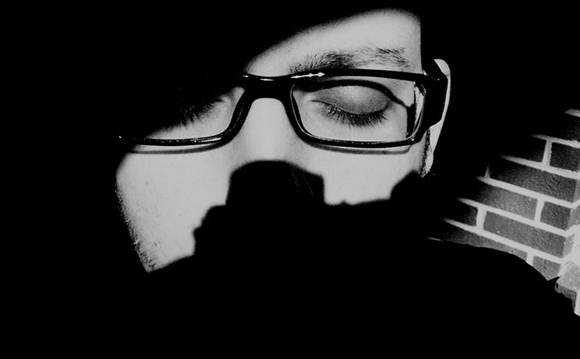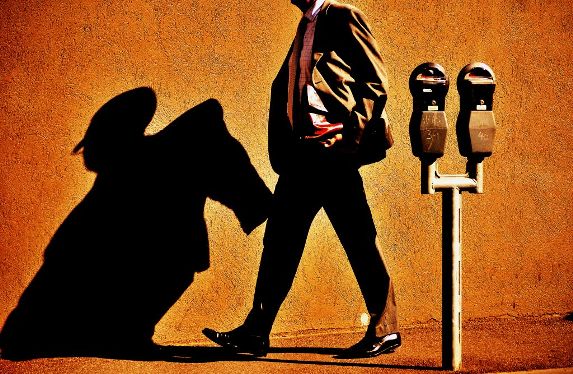Looking at the number of books and articles on organization and time management available today, one would think the market for productivity strategies was close to saturation, and the demand for more would be dropping. But this doesn’t seem to be true. Instead, it seems like a new book, article, or seminar on productivity comes out every day.
Why are people still hungry for productivity advice, even with so many techniques on the market? I suspect one reason is that the existing literature doesn’t address one of the biggest obstacles to our productivity — the patterns of thinking and feeling that limit our ability to get things done.
Here’s a common example. As I’ll bet you know firsthand, it’s hard to get much done when our awareness keeps drifting into the past or the possible future — replaying arguments we had with a loved one, worrying about how much the bonus in our jobs is going to be this year, and so on. The “tips and tricks” productivity gurus offer us — more efficient ways to organize our e-mail inboxes, make to-do lists, hold shorter meetings, and so forth — can be useful, but they won’t do much to help us get more done if we can’t focus our attention.











